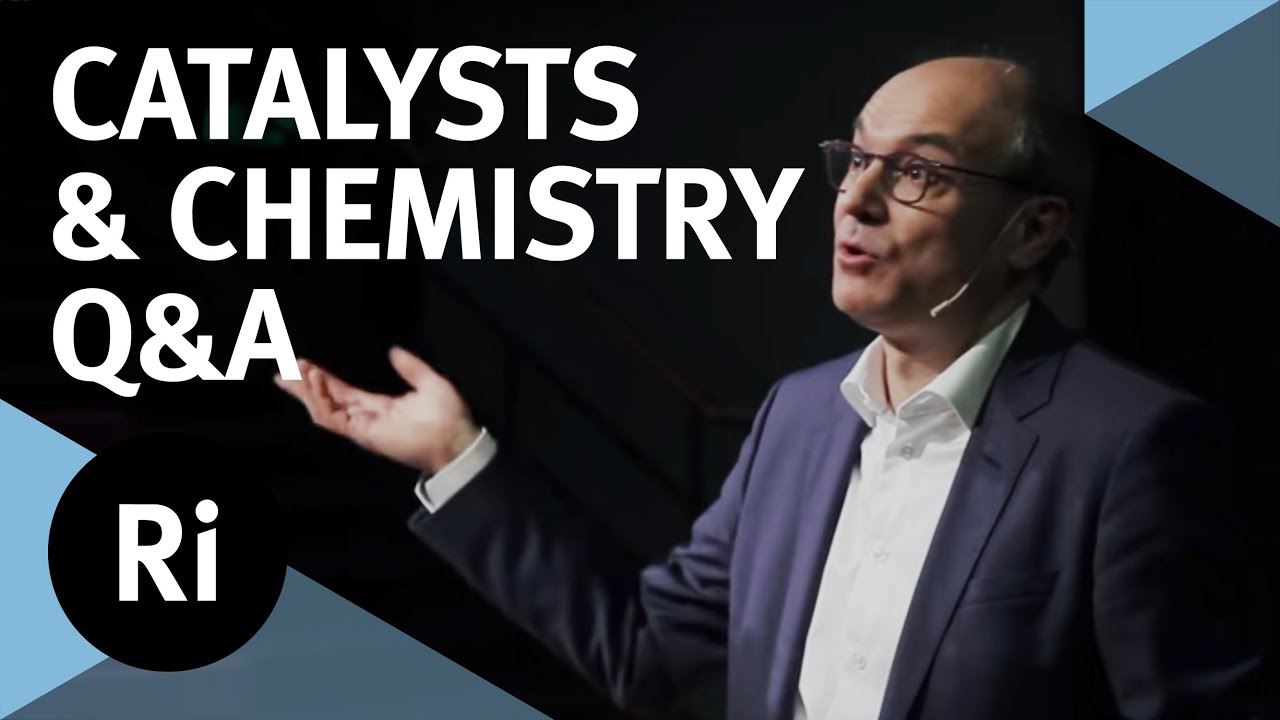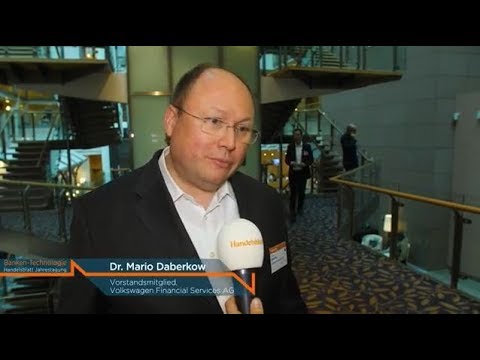The Royal Institution
Can bio-polymers be used as building materials? Is there research being done on homogeneous catalysis? Bert Weckhuysen answers audience questions following his talk.
Subscribe for regular science videos: http://bit.ly/RiSubscRibe
This talk was supported by the Embassy of the Kingdom of the Netherlands.
Watch the talk: https://youtu.be/y9grdQk5sBE
Bert Weckhuysen is a professor of Inorganic Chemistry and Catalysis at Utrecht University. He was appointed as the first Distinguished Professor of the Faculty of Science at Utrecht University as of September 2012. He is currently a visiting professor at Stanford University & SLAC National Accelerator Laboratory (2013-onwards) and University College London (UK, 2014-onwards). In January 2018 he was promoted to Distinguished University Professor at Utrecht University.
This talk and Q&A was filmed in the Ri on 2 November 2018.
—
A very special thank you to our Patreon supporters who help make these videos happen, especially:
Ashok Bommisetti, bestape, David Lindo, Elizabeth Greasley, Greg Nagel, John Pollock, Lester Su, Osian Gwyn Williams, Radu Tizu, Rebecca Pan, Roger Baker, Sergei Solovev, and Will Knott.
—
The Ri is on Patreon: https://www.patreon.com/TheRoyalInstitution
and Twitter: http://twitter.com/ri_science
and Facebook: http://www.facebook.com/royalinstitution
and Tumblr: http://ri-science.tumblr.com/
Our editorial policy: http://www.rigb.org/home/editorial-policy
Subscribe for the latest science videos: http://bit.ly/RiNewsletter
Source




This is amazing
The question is how to deal with micro plastic particles inside our body? Do we have the technology to solve that kind of threat?
Biological enzymes are amazing catalysts, I think if we find a method to manufacture protein-like structures and subject them to artificial evolution we will get whole new generation of catalysts that can convert CO2 and other molecules into useful polymers with minimum energy requirements, or rather with minimum waste of energy. Genetic algorithms do wonders in AI research and deep learning, I think there is potential to revolutionize chemistry with the same principle.
The RI's policy is that there are no silly questions except those left unasked.
Man at 13:35 says "Hold my beer and hand me the mic. I've got one."
The professor turns it back on him in less than 20 seconds.